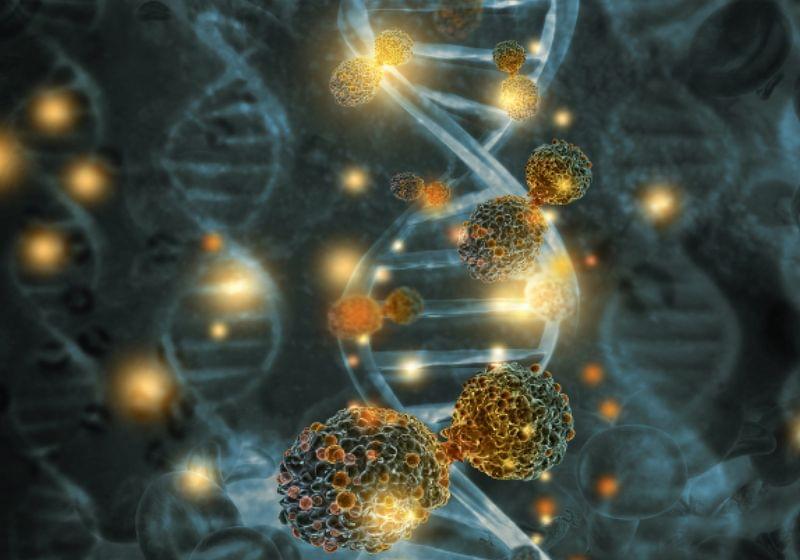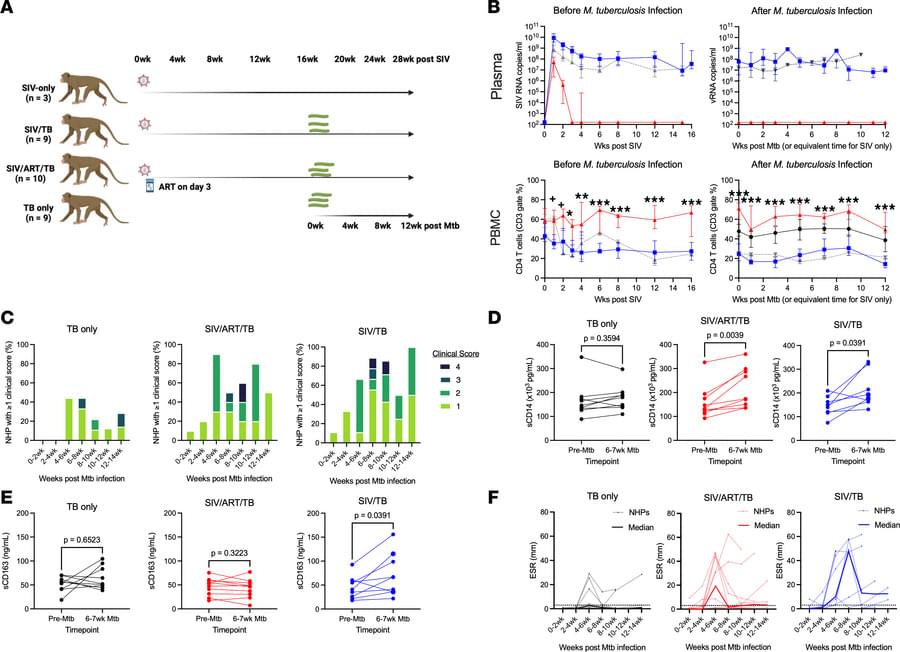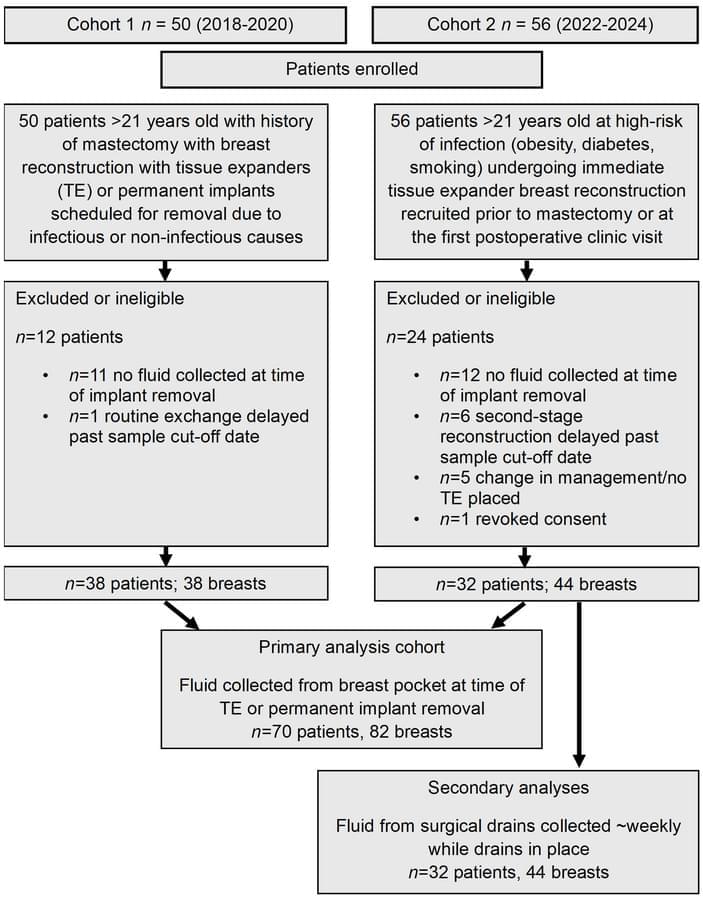New research reveals that LINE-1 retrotransposons don’t just nudge genes, they also trigger massive structural upheavals early in cancer development.
Read about the findings.
Where there’s a bountiful host, there are parasites ready to take advantage of the resources. This holds true even at microscopic levels. Lying within human DNA are repetitive elements called LINE-1 (L1) retrotransposons that promote their own propagation at the cost of the host organism’s health.1 These genetic parasites create copies of themselves that then get inserted at new locations within the genome. Until recently, scientists thought that the activity of L1s mostly resulted in local alterations to genes.
Now, in a new study published in Science, researchers have demonstrated that L1s can trigger dramatic structural changes in DNA, resulting in cancer-causing mutations.2 These findings, which shed light on the intricate relationship between cancer evolution and the genome, could lead to improved diagnostic and therapeutic strategies for different cancers.
“Cancer genomes are more influenced by these jumping fragments of DNA parasites than we previously thought,” said José Tubio, a molecular biologist at the University of Santiago de Compostela, in a statement.









